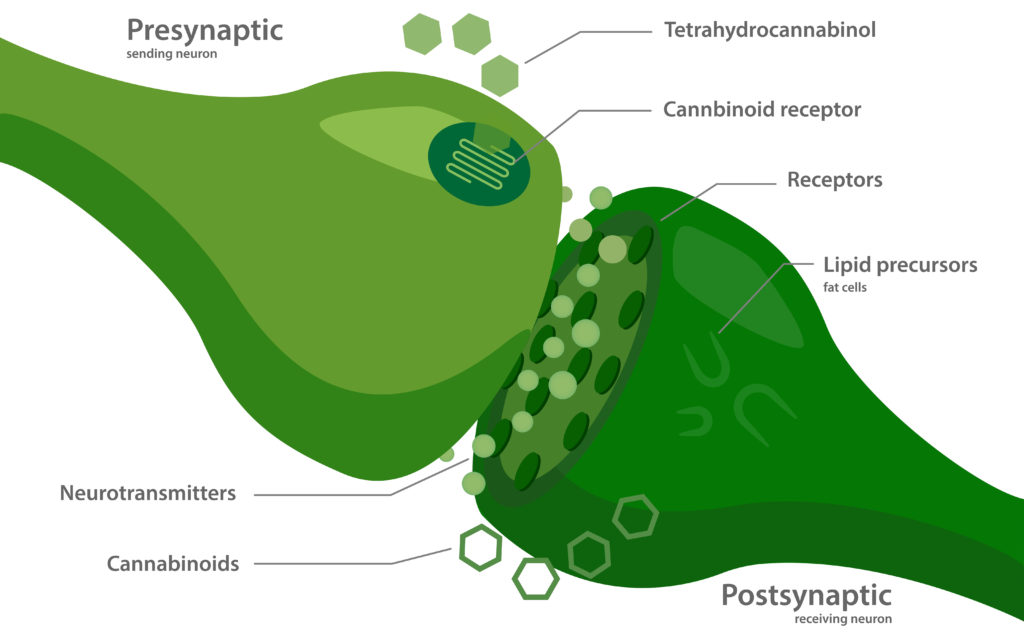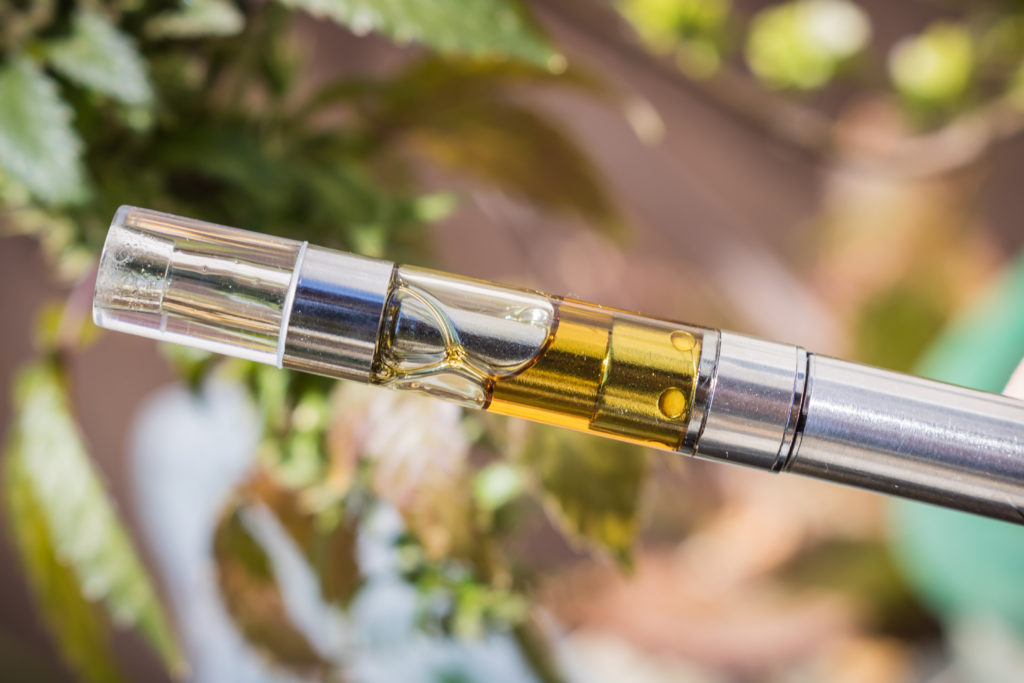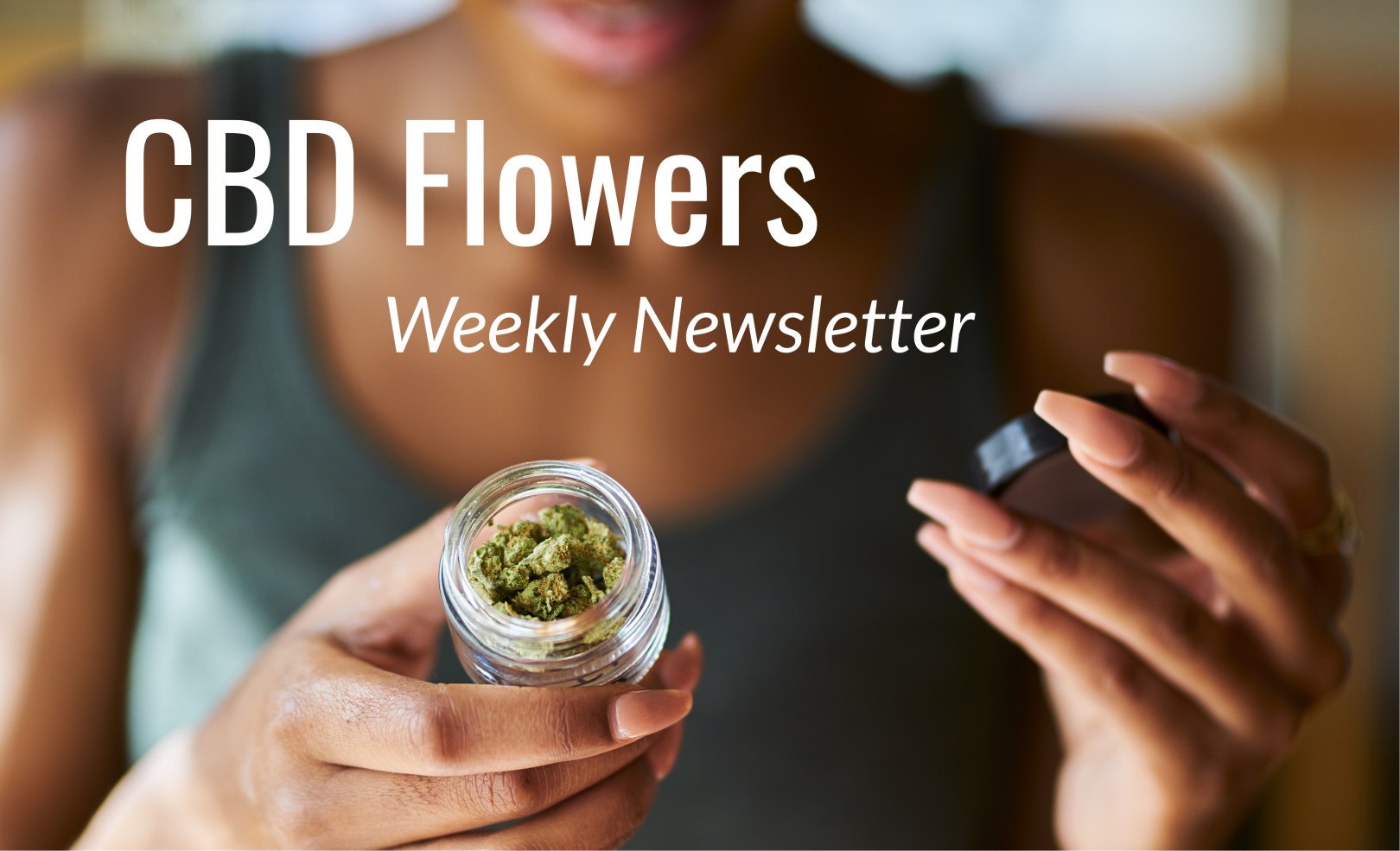Are there any medical benefits from taking Delta-8 THC? Is it a pure recreational substance, or it is also a medicinal one? Is the fact it is extracted from hemp important? What delivery systems are more effective in treating your symptoms?
What are the main medical benefits of Delta-8 THC and should I be using it at all?
Before we look into the various medical benefits of Delta-8 THC we would like to remind you that the best deals are reserved for the subscribers of the Delta 8 Weekly newsletter.
If you like to learn how to get vape carts for as low as $12/cart, find the best Delta-8 gummies, learn more about dabbing D8 and how to choose Delta-8 THC flowers, SUBSCRIBE below now!
One of the first things to understand about chemistry is that tiny little manipulations can change a molecule drastically. The inclusion or exclusion of a single atom can create an entirely new molecule which can do entirely different things. Take H20, for example. We know it as water, and that it means every molecule has one oxygen atom and two hydrogen atoms. But what happens if we add just one more oxygen atom? Then we get H202, which is hydrogen peroxide, and drinking that will kill you.
Delta-8 vs delta-9, chemically
The cannabinoid most associated with the cannabis plant is THC, or tetrahydrocannabinol, but the term THC is not just used for the THC we’re familiar with. The THC we’re most familiar with is delta-9, and it has a chemical makeup that looks like this: C21H30O2. This means each molecule has 12 carbon atoms, 30 hydrogen atoms, and two oxygen atoms.
The thing about an analogue molecule (what delta-8 is), is that it has nearly the same chemical makeup as the molecule it’s an analogue of, but with a minor difference. In this case, delta-8 THC, the analogue of delta-9 THC, has the exact same chemical makeup of C21H30O2. The difference is in the delta, which is a double bond. The location of the double bond in delta-8 is on the eighth carbon atom, whereas with delta-9 THC it’s on the ninth carbon atom. And that’s the difference structurally.
Click HERE to for the BEST Delta-8 THC Deals!
Where to find delta-8 THC
When it comes to cannabinoids and terpenes, there seems to be quite a medical benefit on many fronts. Research is ongoing, with lots of attention put on CBD (cannabidiol), CBC (cannabichromene), and CBN (cannabinol), among others. Since these cannabinoids don’t show up in great proportions, they are now isolated and extracted to make stronger versions that don’t appear in nature. These cannabinoids and terpenes can be sourced from either high-THC plants, and low-THC plants, depending on where they are typically found. This is the same for delta-8 THC which only exists as about .01% of dried cannabis flowers, both for higher THC (marijuana) or lower THC (hemp) varieties.
The thing to remember about THC is that it actually starts as THCA which is a non-psychoactive molecule. There is little-to-no psychoactive compound in the actual cannabis plant, and this goes for what is considered high-THC like marijuana plants, and low-THC like hemp plants. It’s the process of aging over a prolonged period of time (and the UV exposure that goes along with it), or heating, which changes the molecular structure of THCA making it into delta-9 THC by dropping a CO2 molecule. This process is called decarboxylation because it’s shedding those molecules. From here, small amounts of the delta-9 THC molecules will oxidize to become delta-8 THC. When used medicinally or for study, the delta-8 THC is isolated and extracted to make for larger dosing amounts than a person would get from smoking, vaping, or ingesting a standard cannabis flower.
What’s so special about delta-8 THC?
As per the actual definition of delta-8 THC according to the National Center for Biotechnology Information (NCBI), the molecule has “antiemetic, anxiolytic, appetite-stimulating, analgesic, and neuroprotective properties.” Much like delta-9 it binds to the CB1 receptor, but unlike delta-9 it is not associated with as strong psychoactive properties.

To be clear, delta-8 is not a newly found molecule, and research into it didn’t just begin. As early as 1974 a study came out that had been done to see if delta-8 had an effect on the immune system. What they found is that not only did it not detract from an immune response, but that it has cancer fighting abilities as well. The study looked at delta-8, delta-9, CBN, and CBD. In this particular study it was not CBD that showed the greatest effect, but rather delta-8 and delta-9. The study participants were mice, and after 10 days of treatment with delta-9 showed slowed tumor growth depending on dose. After 20 days of treatment with delta-8, the mice showed a decrease in the size of the actual tumor. In this instance the delta-8 was combined with CBN.
Unfortunately, this information, much like most medical information regarding the cannabis plant, seemed to be buried for quite some time, with little follow-up done medically until the 90’s.
The follow-up cancer study
It wasn’t until 1995 that another major study came out looking at the connection between delta-8 and the ability to fight cancer. According to the study, eight children with various forms of blood cancer were the participants, and in all cases, vomiting was prevented while no bad adverse side effects were noticed. All patients were also taking antineoplastic drugs like chemotherapy.
The main author of this study, Dr Raphael Mechoulam, and his fellow investigators, note that at the time the study was published, 480 people had successfully had their cancer treated with delta-8 THC, and that it nearly universally stopped vomiting.
How psychoactive is delta-8 THC?
THC is one of the driving forces behind the illegalization of cannabis, and the reason given is because it’s psychoactive. Apart from alcohol, governments don’t seem to be happy allowing their citizens to choose how to make themselves feel better, even when that psychoactive effect is also a medicinal effect. The idea of ‘getting high’ – even if the high being spoken of doesn’t come close to the danger of too much alcohol, cocaine, or the way-over-prescribed opioid medicines out there – is the entire reason given for its illegalization, and though business and industrial reasons likely play a role as well, this idea of ‘getting high’, and keeping people from it, feels like a weird holdover from the Reefer Madness days of putting cannabis in an unrealistically bad light.

According to a 1973 study, the psychoactive effects of delta-8 are about 2/3 the strength of the psychoactive effects of delta-9. What does this mean? It means that delta-8 offers a way to treat many of the same ailments (and possibly others), as delta-9, but can do so without causing as much of a head buzz. This is beneficial for patients not looking to feel as much of the high, while still getting the medicinal benefits of THC. It also means that governments are more likely to illegalize it based on this idea that it can make a person feel better. A rather strange contradiction of the illegalization of THC to begin with…that one of the most beneficial medicinal properties it produces is making people feel better, and yet it is this particular aspect of it that causes it to be illegal.
Along with causing less psychoactive effects, it also is known to instigate less anxiety the way delta-9 is often known to do, and this is also a major benefit for patients or adult-users who want a lessened form of marijuana that won’t make them antsy. Whether it is the reduction in psychoactive properties that leads to this lesser amount of anxiety is hard to say, but the current literature points in that direction. Further study of the molecule is obviously necessary.
Is delta-8 THC legal?
Now this is an interesting question, and the answer is: kind of. Right now, delta-8 fits into a legal gray area for many countries (including the US and much of Europe) in that though it can be sourced from marijuana, it can also be sourced from industrial hemp, which has been legally separated from high-THC strains of cannabis. Cannabis plants with more than .3% THC in the US, (.2% in Europe), are illegal along with the products that come from them. But once the THC percentage is under that amount, the products sourced from the plant, are legal. So, if industrial hemp products are legal – or not fully illegalized, and if delta-8 is sourced from this industrial hemp, then delta-8 can get through the legal loophole. At least for now.
Medical Benefits Of Delta-8 THC: Conclusion
Right now, delta-8 is flying relatively under the radar. A lesser version than delta-9 in the psychoactive department, it still seemingly offers great medical benefits, and just enough psychoactive abilities to feel good. Delta-8 might be the answer the medical world is looking for when it comes to a milder form of cannabis that can still get the job done.
Thanks for stopping by CBD FLOWERS, your hub for all things hemp and cannabis-related. Stop by regularly and make sure to subscribe to the CBD Flowers Weekly Newsletter to keep up-to-date on all the most interesting industry topics.













